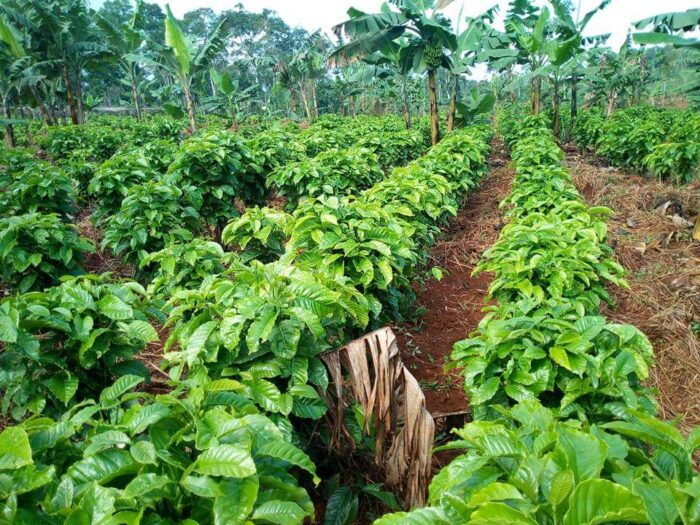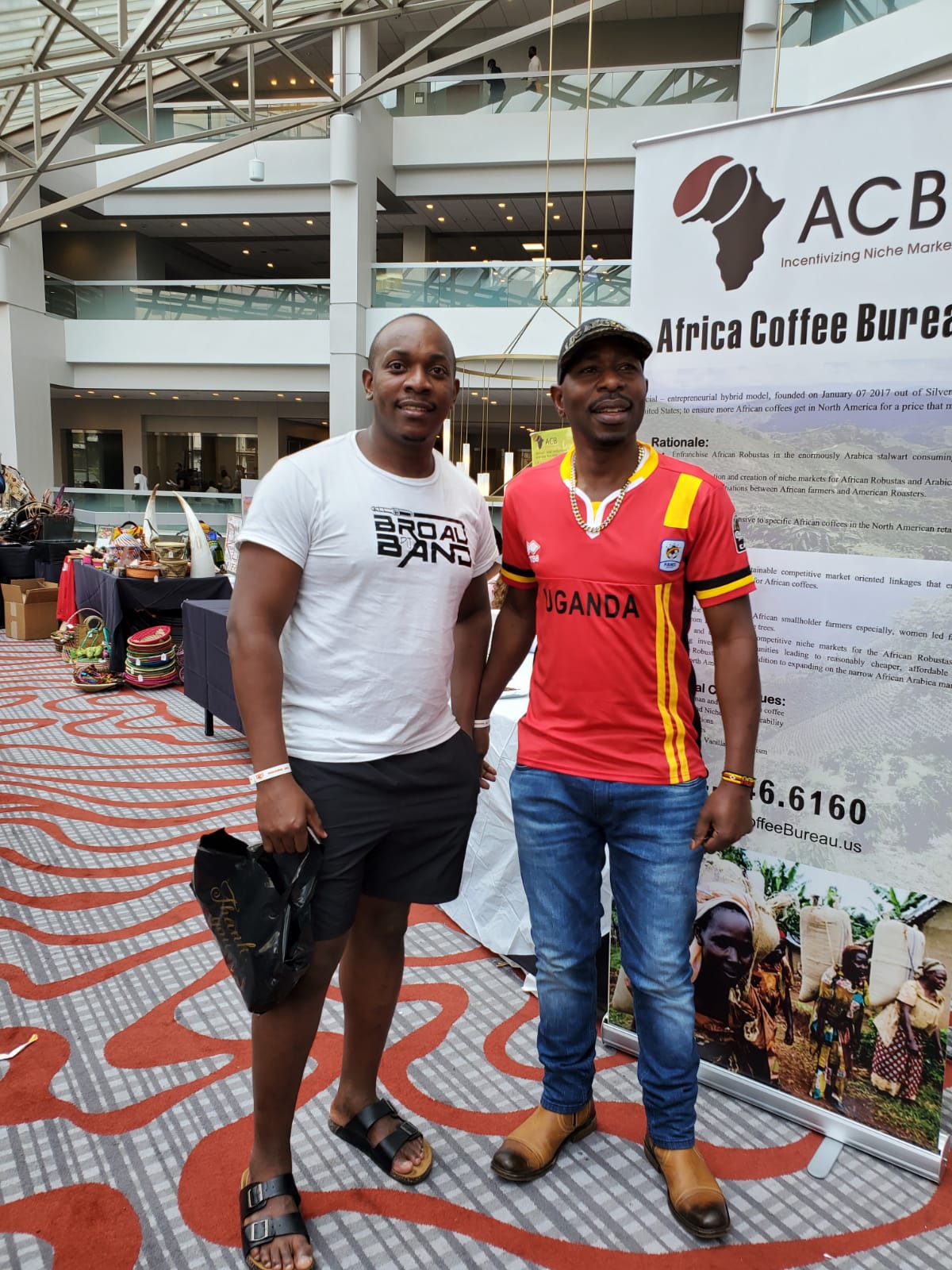ACB welcomes you to our 1-Acre project; a very exciting and enterprising business venture opportunity for the diaspora.
Background and Justification:
Africa has its diaspora scattered all over the world and, available statistics indicates it had over 35 million international migrants by year 2017 (African Union, 2019). Diaspora is a recognized key stakeholder not only in bilateral and global affairs but, also in migration development nexus (International Organization for Migration Report, 2013).
Diaspora contribution to their home-countries is enormous and, most noted for remittances (African Union, 2019). In Uganda alone, diaspora remitted US$1.4Bn and US$1.1Bn in 2019 and 2020, respectively (IFAD Press Release: IFAD/26/2021).
In an unpublished report on Uganda, it indicates a hefty US$1.8Bn to have been robbed of it’s diaspora community for a period of time in fake deals. Diaspora especially in the African scenario are casualties of enormous deadly threats.
Africa Coffee Bureau (ACB) believes, leveraging the diaspora for development in AFRICA, there must be, ample and adequate pro-diaspora investment legislations, guaranteeing investment-security and waivers by African governments, quite imperative.
ACB, bets on ample working relations, connections and linkages with various national governments in Africa for harmonizing, for example; on arable land availability and allocation bureaucracy waivers for the diaspora ventures, ample investment-environment assurances and security, in the context of commercial coffee farming and entrepreneurship innovations.
In prior, ACB has been under intense stimulus by the diaspora to craft a rationale to assist them in launching a coffee investment plan for their retirement and re-union with families back home, in Africa.
Thus, due to public demand, ACB has been undertaking internal structuring and negotiations for 1-Acre project diaspora investment plan in AFRICA. This is gallant and revolutionary but, it calls for a “well-wisher spirit” by key regulators. Thus, ACB is further opening-up for expanding on the negotiations with government departments of agriculture for the diaspora investment in the 1-Acre Coffee project.

Coffee Venture, intellectual Perspective and Prospects:
Coffee commodity is a multibillion-dollar global economy. For United States alone, it accounts for US$100Bn market share, having implicated the nation’s GDP to a tune of US$225‧2Bn (https://www.ncausa.org/Research-Trends/Economic-Impact) in the fiscal year 2015, with an estimated US$48Bn, US$26Bn and US$14Bn for Roasting segment, Coffeehouse retail and At-home brewing, respectively (Specialty Coffee Association Report, 2019).
Based on the statistics above, it’s logical and a motivation for the African diaspora to probe the need to invest in coffee entrepreneurship innovations, ACB 1-Acre Coffee project inclusive.
Coffee is a perennial commodity that calls for a single major lifetime investment. It’s largely self-sustaining agricultural value chain with less demands for regular field maintenance.
On the basis of conventional coffee farming, profitability increases with increasing land usage innovation and enterprise diversification. The Coffee Acre Project is a revolution for the diaspora. It’s multitude of coffee venturing options along the value chain in Africa including coffee tourism, coffee agro-forestry, campfire-lodging, starter seed/foundation seed multiplication (tissue culture technology). Thus, coffee is a virgin enterprise and opportunity value chain ready for the diaspora retirement investment.
Diaspora should find coffee farming venture an appreciating enterprise and as a viable resort for vacations, retreats, family re-unions, ancestral reconnecting and above all AFRICA home-coming.
1-Acre coffee project envisions voluntary and passive path to climate change amelioration through carbon sequestration on farms. Coffee trees and bushes have been studied extensively and, available scientific data validates their role in carbon uptake thus, the innovation of carbon credit coffees in the specialty and certification world.
In some quarters, diaspora stands a chance of benefiting from the apparently redundant family relatives for “farm labor-force” in exchange for the continuous subsistence remittances they incur on them. Diaspora should be able to leverage family relations for coffee field maintenance labor-force.
1-Acre Coffee Model
- Diaspora Coffee Acre (DCA) project is implemented on one acre (1-Acre) of land which is either owned by the diaspora investor or identified for, by Africa Coffee Bureau.
- Diaspora investor can open-up more than 1-Acre for the coffee venture.
- 1-Acre coffee model is a silent feature in the Africa Coffee Bureau MOT-ive model (https://www.africacoffeebureau.us/diaspora-coffee-acre-project/).
- 1-Acre project is characterized with Coffea species-varietals optimized for a given Agro-ecological zone.
- 1-Acre project plan; undertakes full care of the planted shamba, monitoring it till it’s firmly established with associated gap-filling, inclusive of shoot-training before handing over to the Diaspora caretaker.
NOTICE:
1-Acre project is currently being piloted in Uganda prior to roll-out in the wider East African community and beyond.

33rd UNAA Convention and Trade Expo: Sept 3-6, 2021 Cincinnati-Ohio, USA
Our services:
- Highly specialized-oriented land appraisal (Soil health diagnosis and assorted physical properties profiling), coffee farm lay-outs and initiations.
- 1-Acre project establishment; land preparation, sourcing of recommended varieties that are resistant to a broad range of production constraints including pests and diseases and, tolerant to escalating climate change stresses, foundation lay-out and planting.
- Routine coffee field maintenance and assorted services.
For trends and details:
- To discuss our packages and offerings, email us: info@africacoffeebureau.us
